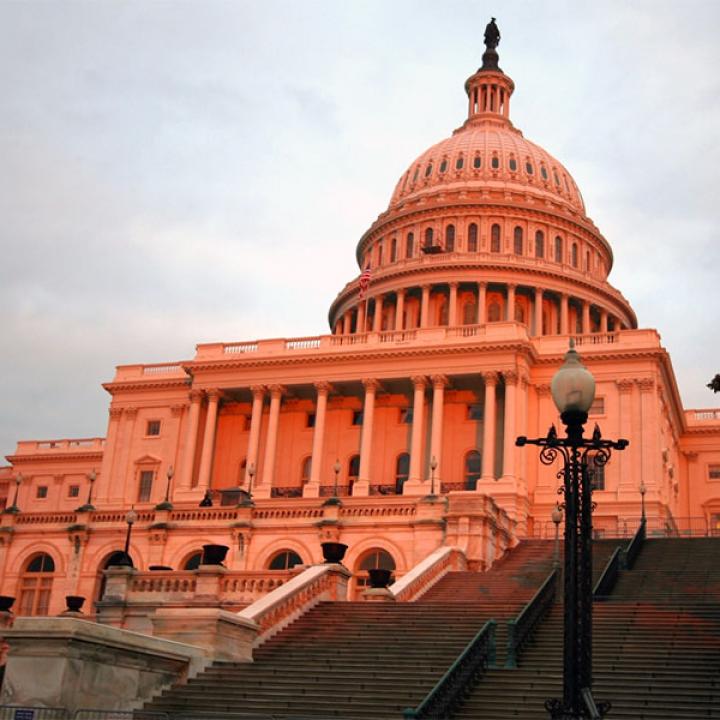

A former Treasury official outlines the various steps Washington can take to support its stated goal of curbing provocative Iranian behavior such as ballistic missile tests, military interventionism, illicit financing, and terror sponsorship.
While the Trump administration has broad authority to shape Iran sanctions policy and implementation, not all options are implementable, advisable, or should be employed immediately. First, there are limits to U.S. jurisdiction and the ability to compel foreign compliance. Consequently, policy should focus on building a broad coalition based on the consensus that Iranian behavior violates international norms. This is not to say that unilateral sanctions are useless. They can serve to communicate Iranian illicit activity and cause commercial actors to withdraw voluntarily from business based on reputational concerns, creating political openings for third countries to act. Second, Iran-specific changes to principles that underlie broader sanctions policy would complicate implementation. In such a case, direct action under existing authorities or the creation of new authorities is preferable to modifying guidance or enforcement. Finally, Congress is going to want to play a role in strengthening the role of sanctions in restraining Iran. The new administration and congress will need to work together to ensure that they are moving in the same direction...
Download the PDF to read the full testimony, or watch video of the hearing.
House Foreign Affairs Committee




